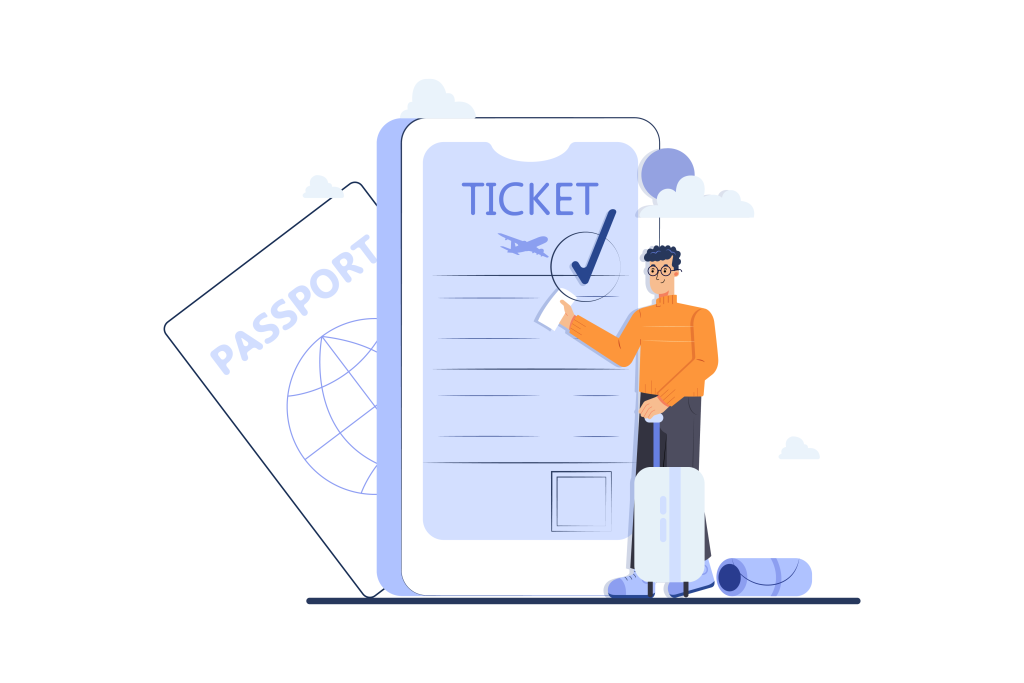living in germany
INFORMATION BEFORE U ARRIVE IN GERMANY
Opportunities for you

Working in Germany after graduation:
Germany is a leading exporter and is known for its high-quality products, including cars (Volkswagen, BMW) and mechanical engineering. Germany offers international students & skilled workers from abroad who want to stay and work in the country after their studies many opportunities to start a professional career. In some sectors in particular, there is a great need for qualified specialists, and graduates of German universities have excellent opportunities to gain a foothold in these areas. Below you will find an overview of the sectors and professions in which Germany is currently relying particularly heavily on immigration and well-trained young professionals:
Engineers: Graduates in mechanical, electrical or civil engineering are in demand to drive technological development.
IT specialists: Software developers, data analysts and IT security specialists play a key role in digitalization.
Natural scientists: Specialists in chemistry, physics and biology will find attractive career opportunities in industry and research.
Nursing staff: Nurses and carers for the elderly are in high demand, as demographic change is resulting in a growing number of older people.
Doctors: There is a high demand for specialist doctors and medical staff, especially in rural regions.
Educators: Daycare centers and schools are looking for qualified childcare workers.
Teachers: There is a shortage of teachers, particularly in the natural sciences and in rural regions.
Cooks, hotel staff and service personnel: These professions offer both stable jobs and many opportunities for further training.
Traditional trades such as electricians, carpenters and plumbers are urgently looking for well-trained specialists.
Technicians and mechatronics engineers are particularly in demand in the automotive industry and in production companies.
Professional drivers and logisticians: With the growing importance of online trade, demand in the logistics sector is increasing.
Rail transport technicians: Occupations related to local and long-distance public transport offer stable employment opportunities.
Where to study?

Generel information about Germany
Germany lies at the heart of Europe and borders nine neighboring countries, more than any other European country. In the north, it has access to the North Sea and the Baltic Sea, while in the south lie the Alps with the Zugspitze as the highest point (2,962 meters). The lowest point is in Neuendorf-Sachsenbande in Schleswig-Holstein, 3.54 meters below sea level. With an area of 357,588 square kilometers, Germany is the fourth largest country in the European Union after France, Spain and Sweden. Around a third of the area is covered by forests, and over two percent consists of lakes, rivers and other bodies of water. The longest river is the Rhine, which connects cities such as Bonn, Cologne and Düsseldorf. The Elbe, the second longest river, flows through Dresden, Magdeburg and Hamburg and empties into the North Sea.
The climate in Germany is temperate, but climate change has led to noticeable changes in recent years. This manifests itself in heat waves, storms and heavy rainfall. With an average temperature of 10.6 degrees Celsius, 2023 was the warmest year since regular records began in 1881. The coldest month in 2023 was February with an average of 3.2 degrees Celsius and the warmest was July with 18.7 degrees Celsius. The maximum temperature in summer 2023 was 38.8 degrees Celsius; in other years, temperatures even exceeded 40 degrees Celsius.
Your Visa Advisor for Germany
Your trusted partner for easy and reliable visa guidance to Germany. We simplify the process so you can focus on your new journey.

Opportunity Card
The opportunity card, offers people from non-EU countries to enter Germany without a fixed employment contract in order to look for a job. Prerequisites are a recognized specialist qualification or the achievement of at least six points in the points system as well as securing a livelihood during the stay.
The Chancenkarte entitles you to a two-week trial job or to take up part-time employment (up to 20 hours per week). People with a Chancenkarte are allowed to stay in Germany for one year. During this time, the focus should be on finding work. An extension of the Chancenkarte for up to a further two years is possible under strict conditions. You must apply for the extension at the local immigration office.
Requirements for the opportunity card
To receive the opportunity card, applicants must either have a recognized qualification as a skilled worker or achieve at least 6 points in the points system. Here are the main criteria:
Duration and options
- Validity: 1 year, with option to extend for a further year.
- Employment opportunities:
- Trial work: two weeks allowed to convince employer.
- Secondary employment: Up to 20 hours per week while looking for work.
Relevance for employers
The opportunity map makes it easier for German companies to find international skilled workers. They can recruit qualified workers more easily and quickly, especially in sectors with acute demand.
Points system (6 points required):
- 4 points: Partial recognition of professional qualification or practice of a regulated profession permitted.
- 3 points: At least five years of professional experience in the last seven years or knowledge of German at level B2.
- 2 points: Two years of professional experience in the last five years, age up to 35 years or German language skills at level B1.
- 1 point: Age up to 40 years or proof of a previous connection to Germany (e.g. studies or internship).
Services relating to the opportunity map
As part of our platform, we support international professionals in all the necessary steps to utilize the opportunity map. This includes
- Advice on professional recognition and qualifications: We help skilled workers to have their professional qualifications recognized in Germany in order to meet the requirements for the Chancenkarte.
- Arranging services: We offer solutions such as setting up blocked accounts, which are required for the visa application.
- Legal advice: Our support includes legal advice on entry and residence regulations to ensure a smooth start in Germany.
The opportunity card is a step towards making the influx of skilled workers more efficient and flexible and thus combating the shortage of skilled workers in Germany. It combines clear requirements with the option to search for employment directly on site, making the application process easier for both employees and employers.
